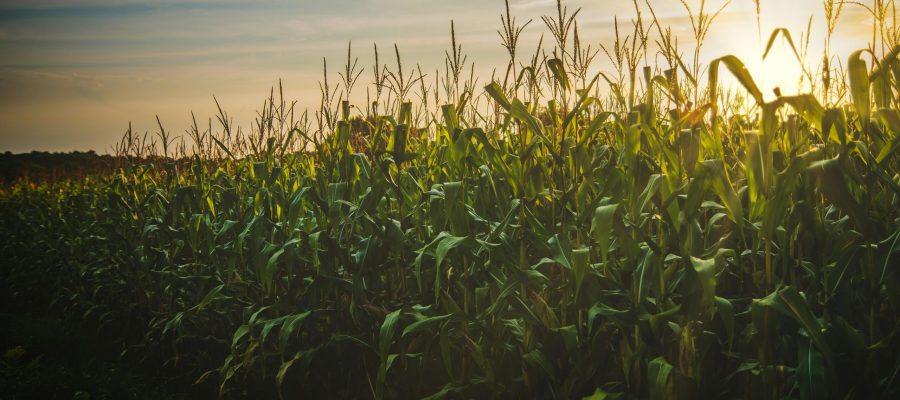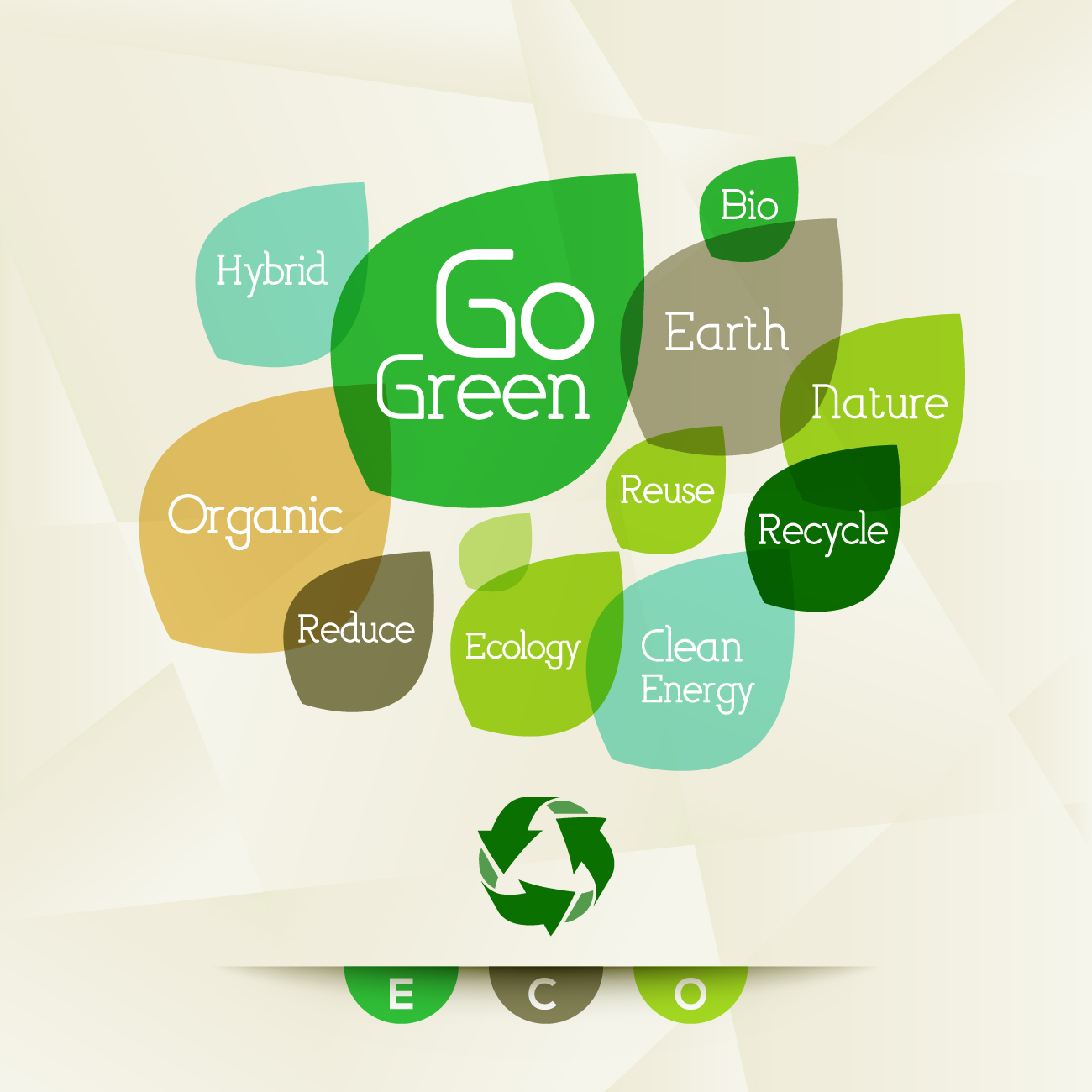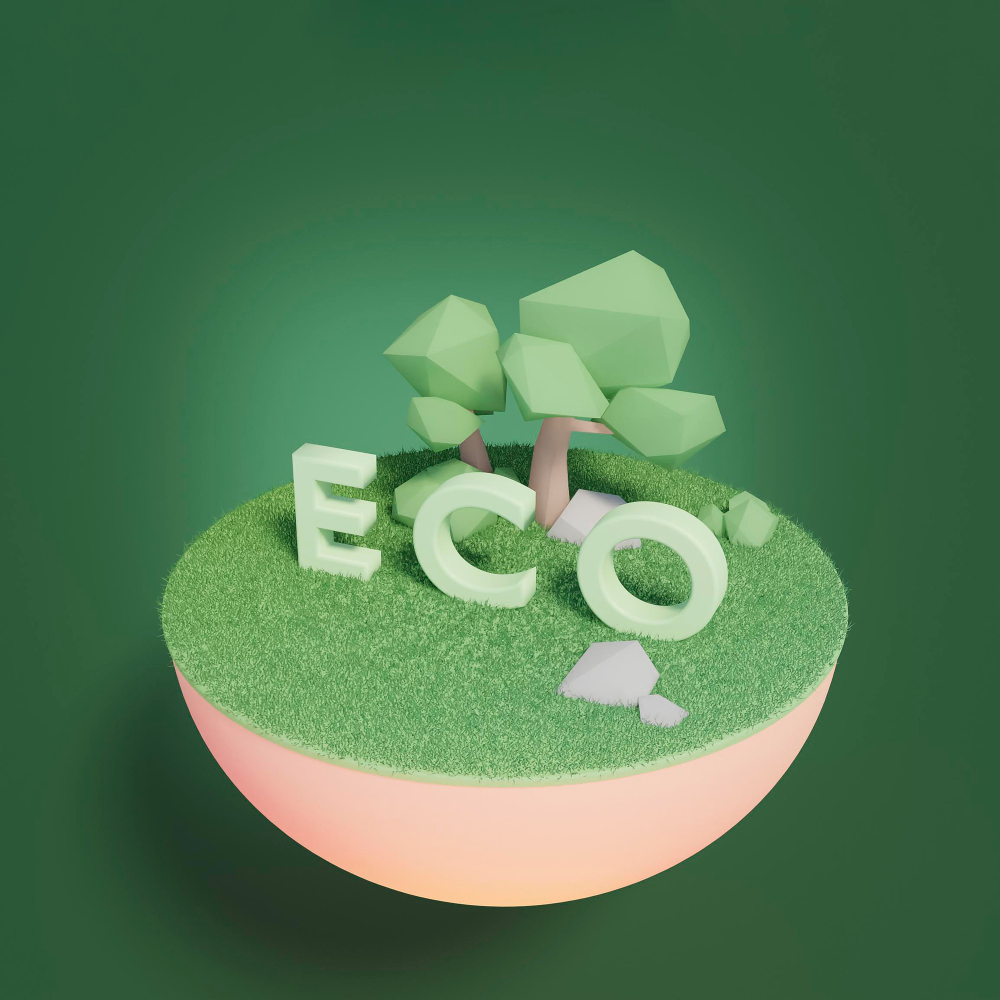Introduction
In recent years, the demand for sustainable alternatives to plastic bags has risen significantly. Many consumers and businesses have turned to non-woven bags, believing them to be an eco-friendly solution. But are these bags genuinely environmentally safe, or is their impact more complicated than it appears? This blog explores the composition, benefits, and potential environmental concerns associated with non-woven bags.
What Are Non-Woven Bags?
Non-woven bags are made from synthetic or natural fibers that are bonded together using heat, chemicals, or mechanical treatment rather than being woven or knitted. These bags are often composed of polypropylene (PP), a type of plastic that offers durability and flexibility. Unlike traditional plastic bags, non-woven bags have a fabric-like texture and can be reused multiple times.

Benefits of Non-Woven Bags
-
Reusability – Unlike single-use plastic bags, non-woven bags can be used multiple times, reducing the overall consumption of disposable bags.
-
Lightweight & Durable – These bags are strong, capable of carrying heavier loads, and resistant to tearing.
-
Customizable – Businesses favor non-woven bags for their branding potential, as they can be easily printed with logos and promotional designs.
-
Water-Resistant – Non-woven bags repel moisture, making them a better alternative to paper bags.
-
Affordable – Compared to organic cotton or jute bags, non-woven bags are a cost-effective alternativ
Are Non-Woven Bags Really Eco-Friendly?
While non-woven bags appear to be a greener alternative to plastic bags, their environmental impact depends on various factors:
1. Material Composition
Most non-woven bags are made from polypropylene, a type of plastic derived from fossil fuels. Although PP is recyclable, the recycling infrastructure for it is limited, leading to improper disposal and accumulation in landfills.
2. Biodegradability Concerns
Unlike natural fiber bags made from cotton or jute, non-woven PP bags do not biodegrade easily. If not disposed of correctly, they can persist in the environment for decades, contributing to plastic pollution.
3. Microplastic Pollution
Over time, non-woven bags break down into microplastics, which can enter water bodies and soil, posing a risk to marine life and human health.
4. Energy-Intensive Production
The manufacturing of non-woven bags requires significant energy and resources, releasing greenhouse gases. Although they require less energy than single-use plastics, their overall environmental footprint depends on the frequency of reuse and proper disposal.
Alternatives to Non-Woven Bags
To minimize environmental impact, consumers and businesses can consider better alternatives:
Cotton & Jute Bags – 100% natural, biodegradable, and durable for long-term use.
Compostable Bags – Made from plant-based materials such as cornstarch, which decompose without harming the environment.
Paper Bags – Though not as durable, they are recyclable and decompose quickly.
Upcycled & Recycled Bags – Using materials that have already been processed reduces waste and conserves resources.
How to Properly Use and Dispose of Non-Woven Bags
If non-woven bags are the only available option, adopting responsible usage and disposal practices is crucial:
Reuse them as much as possible to offset their environmental footprint.
Avoid discarding them improperly to prevent littering and plastic pollution.
Check local recycling programs to ensure proper recycling of polypropylene materials.
Conclusion
Non-woven bags present a reusable and cost-effective alternative to single-use plastic bags, but they are not the perfect eco-friendly solution. Their long-term environmental impact depends on proper usage, disposal, and the availability of recycling facilities. For truly sustainable choices, shifting towards natural, biodegradable, and compostable materials remains the best approach. Businesses and consumers must remain informed about their choices and actively contribute to reducing plastic waste for a healthier planet.
Would you like to learn more about sustainable alternatives? Stay tuned for more insightful blogs from Earth Kind Compostables!





